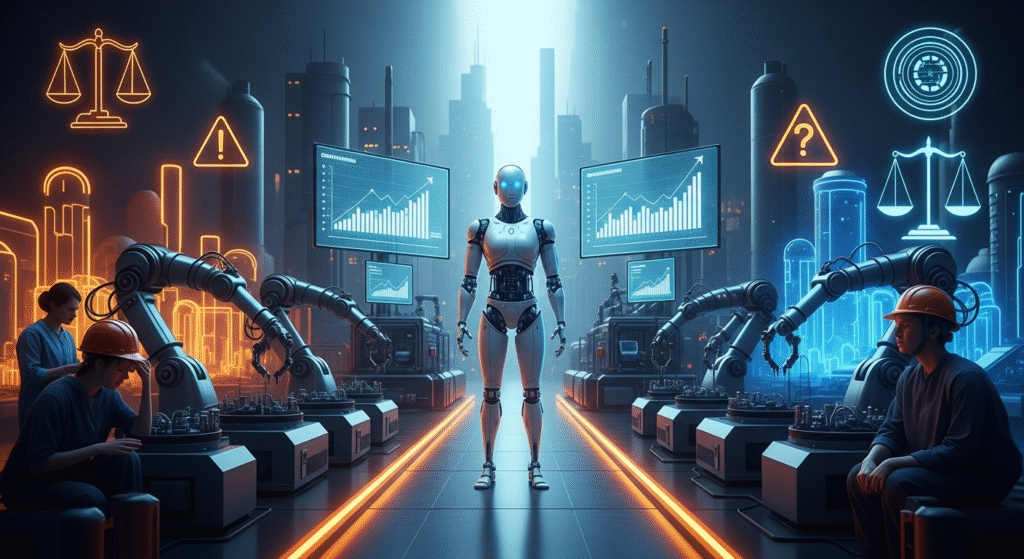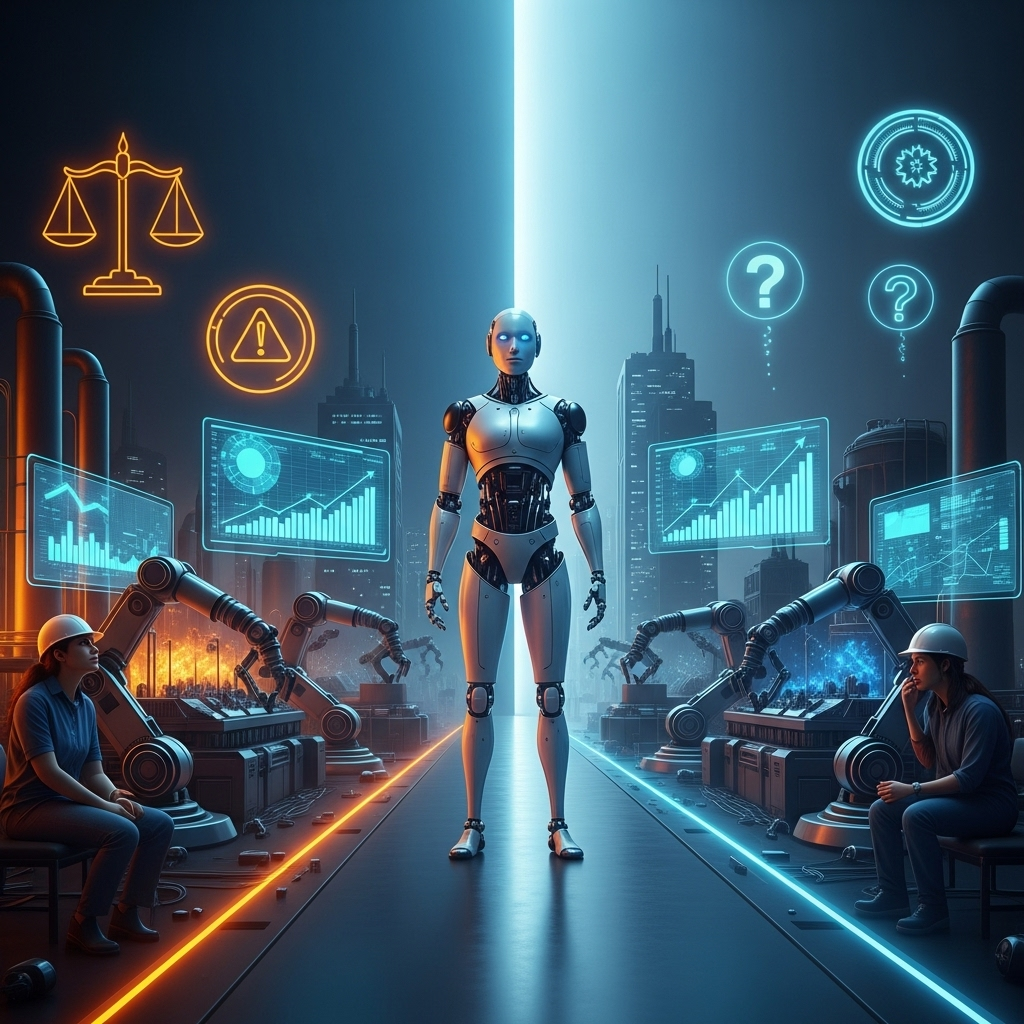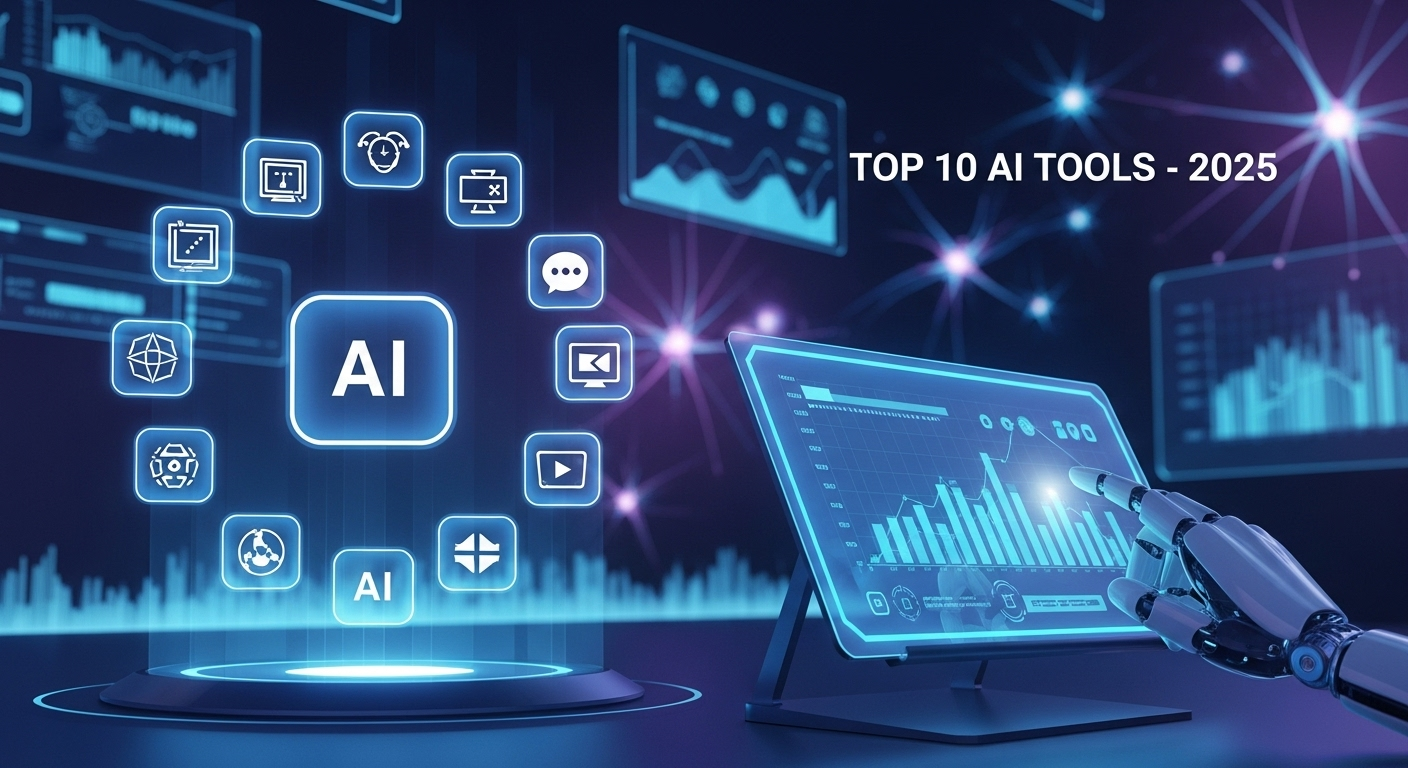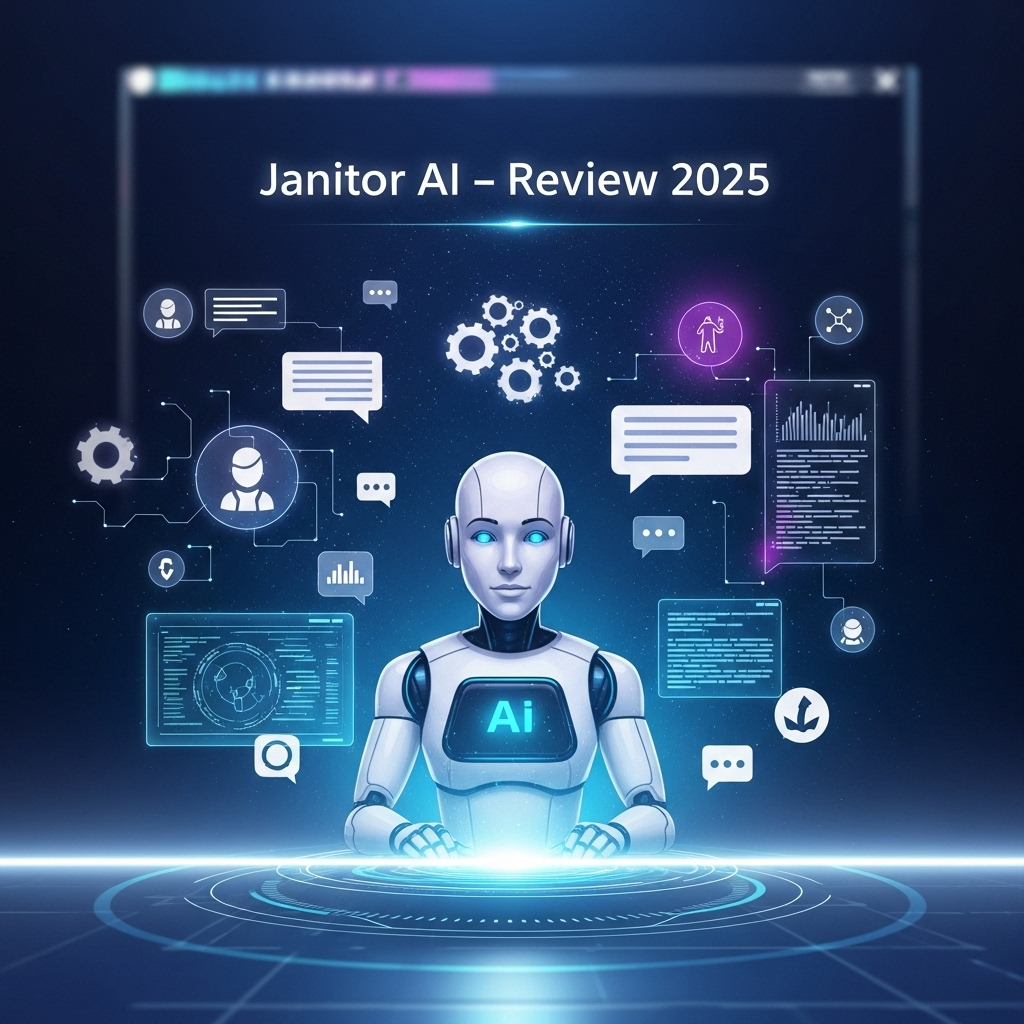AI Automation: Revolutionizing Industries While Raising Ethical Questions
Artificial intelligence (AI) automation transforms business operations through faster and more efficient processes which deliver better accuracy than traditional human work. Self-driving cars and AI-powered chatbots for customer service represent a rapid transformation of industries through automation. AI evolution creates significant moral dilemmas about employment loss and privacy protection and control of decision-making processes.

The Rise of AI Automation
AI automation applies machine learning together with robotics and intelligent algorithms to execute tasks which need human involvement for their completion. Basic automation involves assembly line robots yet AI-powered systems gain learning capabilities which allow them to adapt and enhance their performance through time without requiring explicit programming.
The main fields which experience transformative effects from AI automation
Manufacturing and Logistics
Smart robots assemble products with precision.
AI-powered supply chain optimization reduces waste and delays.
Autonomous drones and vehicles streamline delivery systems.
Healthcare
Doctors use AI diagnostics systems to detect diseases during their early stages.
Robotic surgery enables precise execution of intricate medical procedures.
The healthcare system employs chatbots to deliver continuous patient assistance and initial medical evaluations.
Customer Service
Virtual assistants handle routine inquiries, reducing wait times.
Through sentiment analysis the system improves customer satisfaction by identifying frustration through real-time detection.
Finance and Banking
The fraud detection algorithms process financial transactions to identify abnormal patterns.
The robo-advisors powered by AI deliver customized investment advice to their clients.
Agriculture
The agricultural sector benefits from autonomous tractors and harvesters which maximize its yield production.
AI technology tracks soil health while simultaneously predicting the best time for planting.
Benefits of AI Automation
- Increased efficiency and productivity
AI systems continue working without exhaustion so they minimize mistakes while speeding up operations. Business operations can maintain continuous operation throughout the day which leads to higher productivity.
- Cost savings
Organizations that automate repetitive operations decrease their labor expenses so they can redirect workers toward important positions.
- Improved accuracy
AI technology performs better than humans when analyzing data and diagnosing medical conditions and making financial projections.
Challenges and Ethical Concerns
1. Job Displacement
Businesses together with governments need to create programs which train workers for new roles.
2. Bias in AI Decision-Making

The future of AI automation
The upcoming decade will bring complete integration of AI systems into everyday human activities. Key trends include:
Self-learning systems: AI will become more autonomous, improving itself with minimal human input.
Regulatory framework: Governments will introduce strict AI ethics rules to ensure accountability.
Conclusion
What do you think about AI automation? The comments section invites you to share your opinions about this topic.
Written by Jawad Kyani — Exploring AI so you don’t have to. Trusted by thousands of readers worldwide.


